A truly incredible medieval house in West Sussex where even the front door is 1,000 years old
Penny Churchill takes a look at the splendidly ancient Homestall Manor, whose every inch seems to be filled with rich stories.
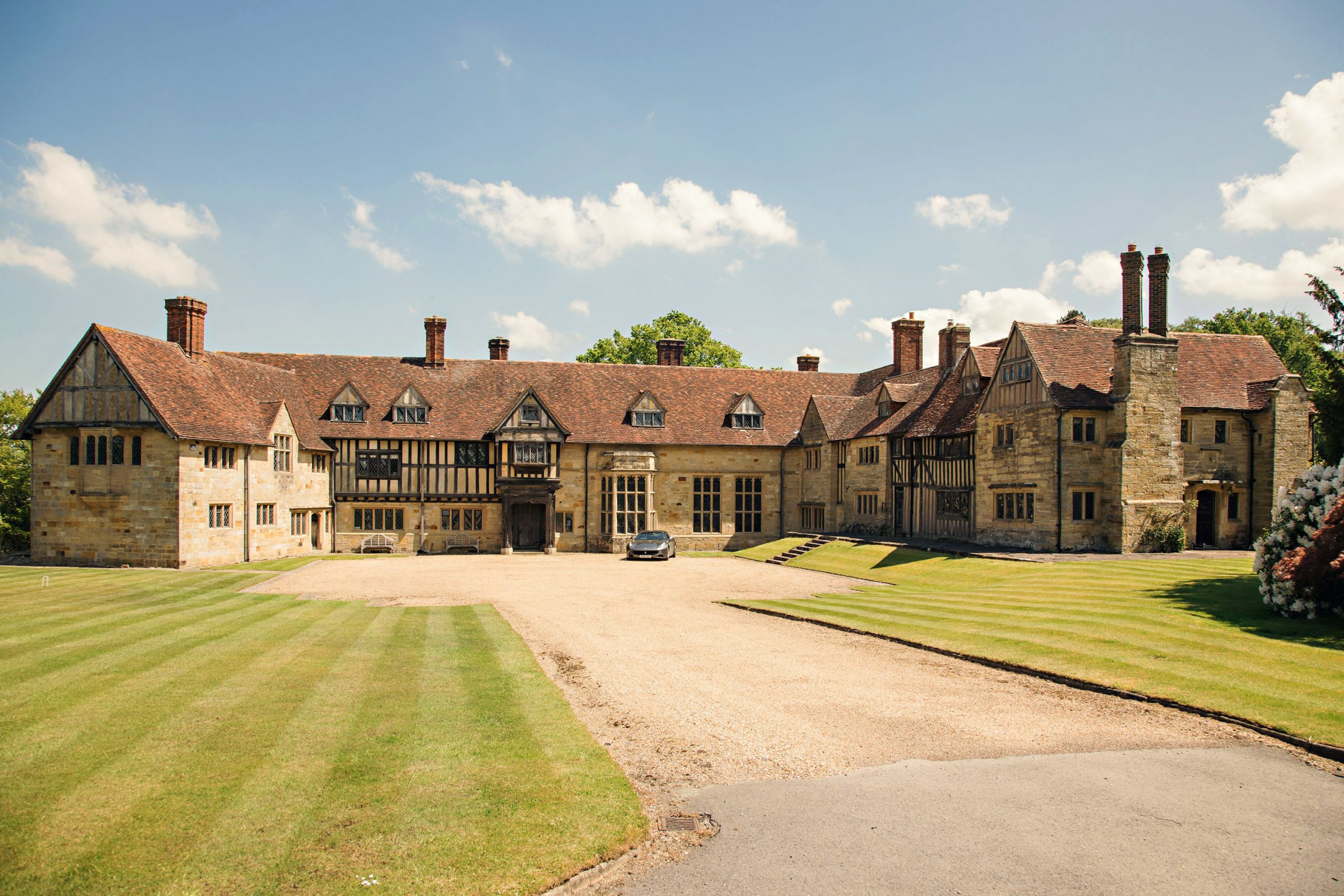
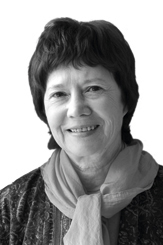
If 1,000 years of history is still the dream, Will Peppitt of Savills Country Department is handling the sale of the magnificent, Grade II*-listed Homestall Manor with its extensive complex of associated buildings, the whole set in 28 acres of gardens and grounds at Ashurst Wood, just over the county border in West Sussex, and within the High Weald AONB. Acting on instructions from fixed receivers Belleveue Mortlakes, he quotes a guide price of £10m for this grand country house, which boasts a unique provenance.

Originally a simple farmhouse, the oldest part of the property dates from 1350, when it was probably used as a hunting box by John of Gaunt, the son of Edward III, who held the hunting rights to Ashdown Forest. In 1907, Lord Tommy Dewar, a whisky distiller from Perth, bought and restored The Homestall and remodelled the surrounding gardens.
On his death in 1930, his nephew, the racehorse owner and breeder John Arthur Dewar, inherited the estate, which he used as a country retreat, living at Claridge’s during the rest of the week.

For Dewar’s new wife, Katherine, however, the house was simply too small for the kind of lavish entertaining she had in mind. With the nonchalance of the very rich, her husband responded by buying Dutton Hall, a large Tudor mansion in Cheshire dating back to Domesday, which he had dismantled, brick by brick and oak beam by oak beam, and rebuilt on the estate to form the present south-west wing of Homestall Manor.

This part of the house has an elaborately carved two-storey porch, with a gable above dated 1562. The impressive Great Hall has a partly enclosed hammer-beam roof, believed to have originated from the wardroom of the last English ship to go into battle under sail, and a stone fireplace dated 1585.

For good measure, the front door, which came from a French monastery, is said to be more than 1,000 years old.

To the south of the house are formal gardens with ponds overlooking woodland, and, within the grounds, two all-weather tennis courts and a swimming pool.
Sign up for the Country Life Newsletter
Exquisite houses, the beauty of Nature, and how to get the most from your life, straight to your inbox.

During the Second World War, the property, then known as Dutton Homestall, served as an auxiliary hospital presided over by the redoubtable Sir Archibald McIndoe, who performed miracles of plastic surgery during the Second World War. In the late 1940s, it became Stoke Brunswick prep school, before reverting back to residential use in 2009.

In its present configuration, Homestall Manor offers some 26,000sq ft of living space, with various outbuildings providing a further 10,760sq ft. Current planning consent allows for the sensitive conversion of the main building to a five-star, 27-room hotel and the conversion of the former school buildings to 15 holiday lets.

In terms of the manor’s future, however, Mr Peppitt isn’t ruling anything out or in. In his view, the next custodian might well be ‘a hotel owner, a headmaster or a lord of the manor’ — or even someone enterprising from a completely different walk of life.
Homestall Manor is for sale at £10 million — see more pictures and details.
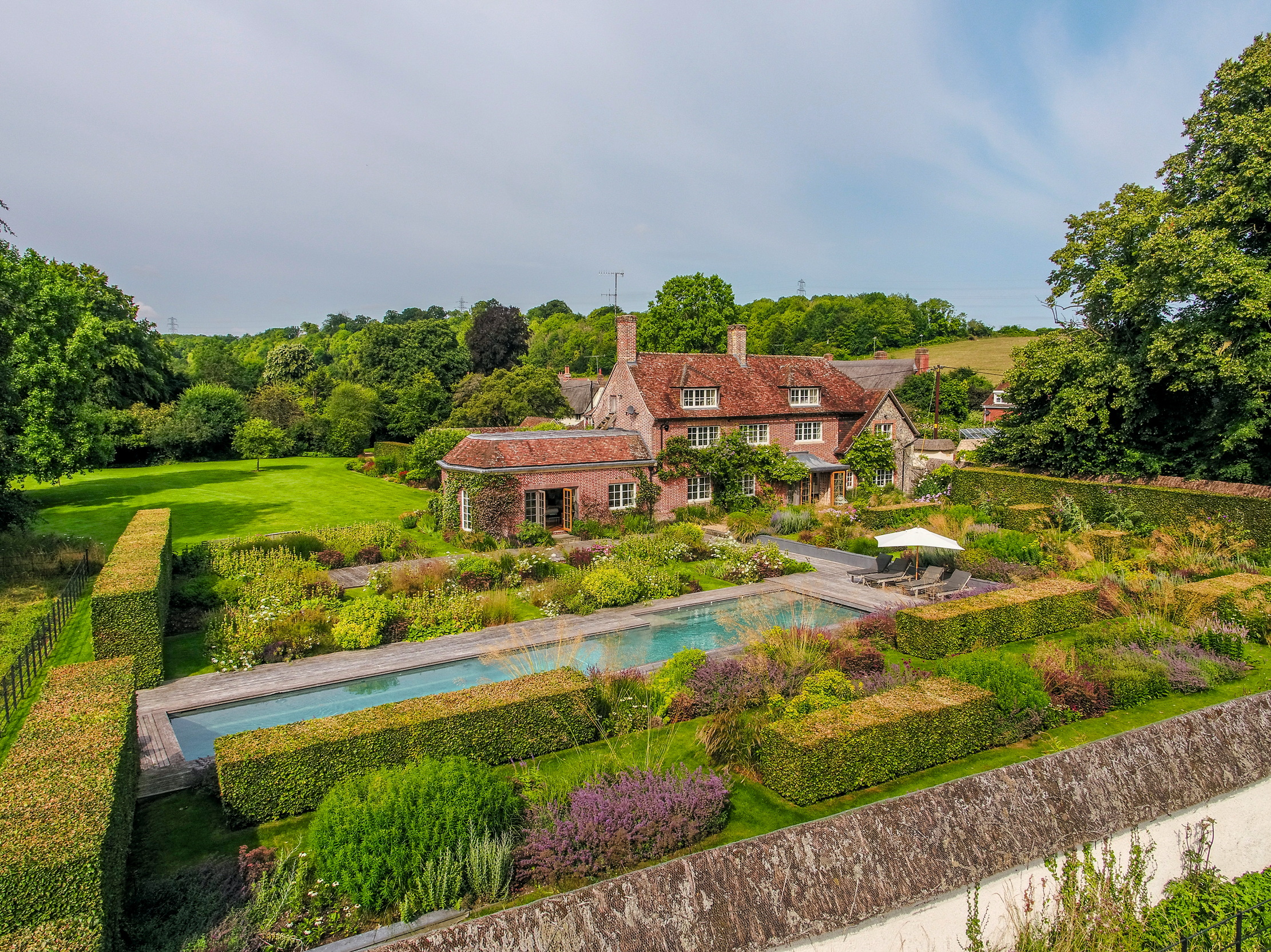
Credit: Strutt and Parker
Best country houses for sale this week
An irresistible West Country cottage and a magnificent Cumbrian country house make our pick of the finest country houses for
-
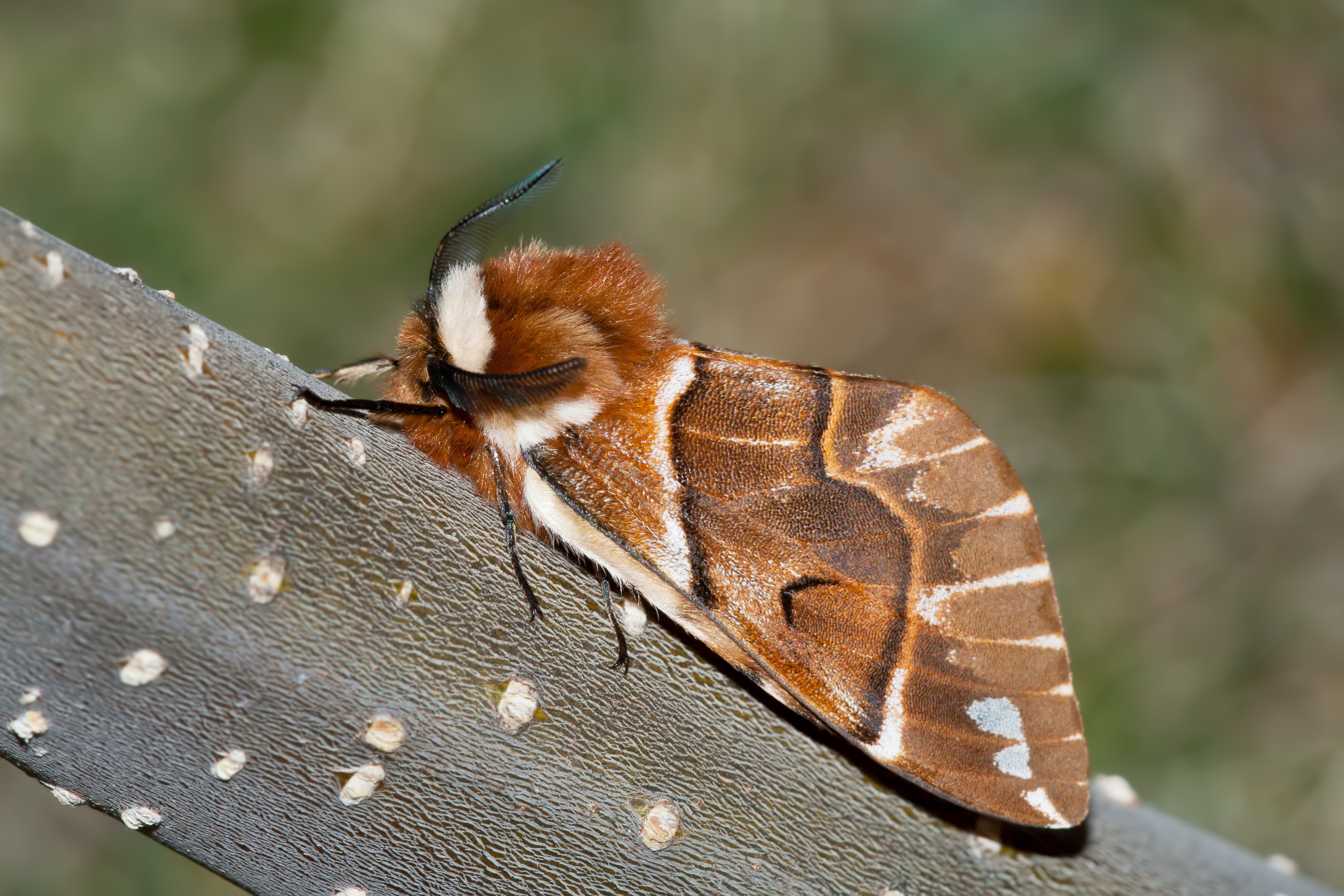 In all its glory: One of Britain’s most striking moth species could be making a comeback
In all its glory: One of Britain’s most striking moth species could be making a comebackThe Kentish glory moth has been absent from England and Wales for around 50 years.
By Jack Watkins Published
-
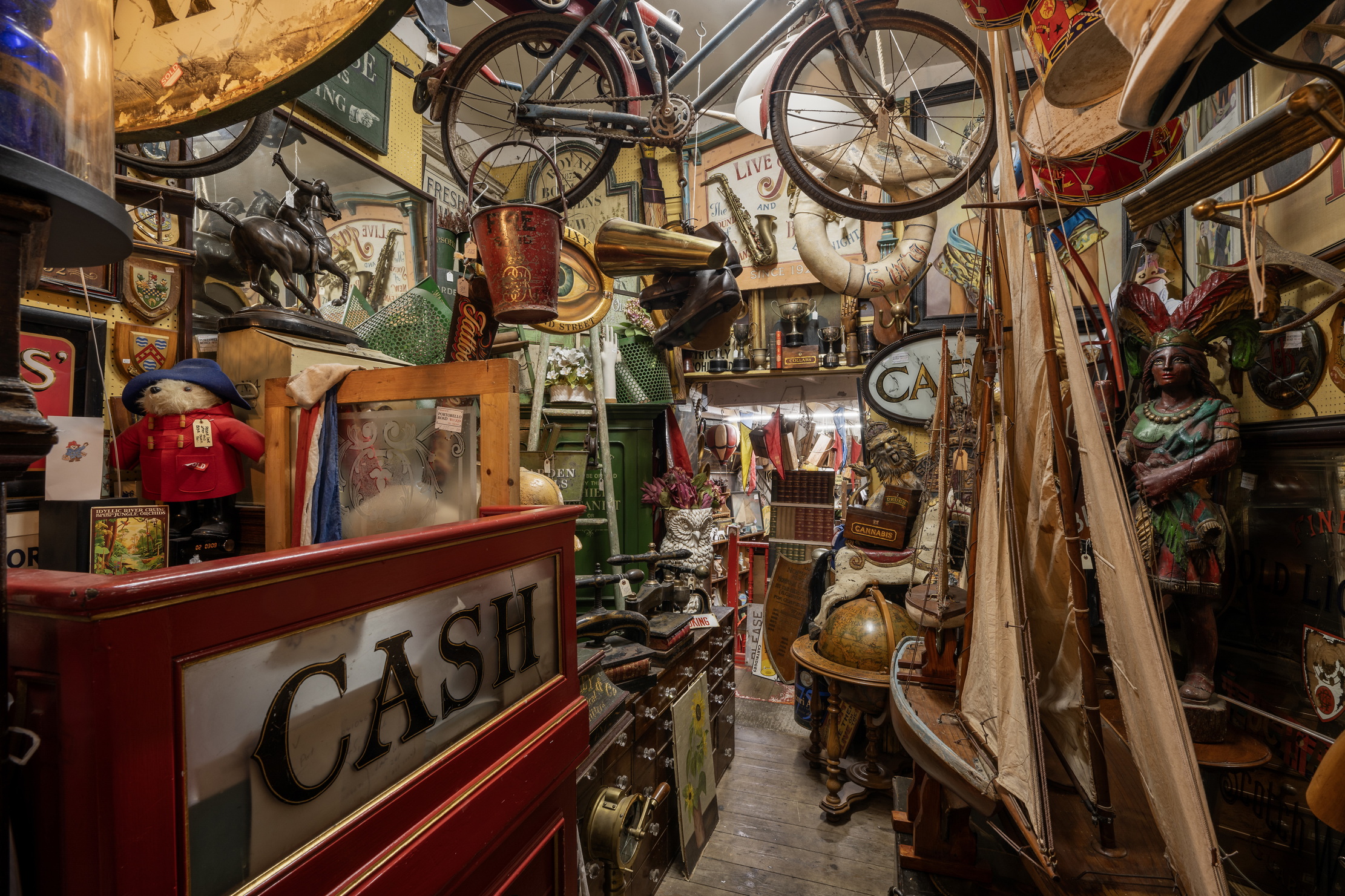 Could Gruber's Antiques from Paddington 2 be your new Notting Hill home?
Could Gruber's Antiques from Paddington 2 be your new Notting Hill home?It was the home of Mr Gruber and his antiques in the film, but in the real world, Alice's Antiques could be yours.
By James Fisher Published
